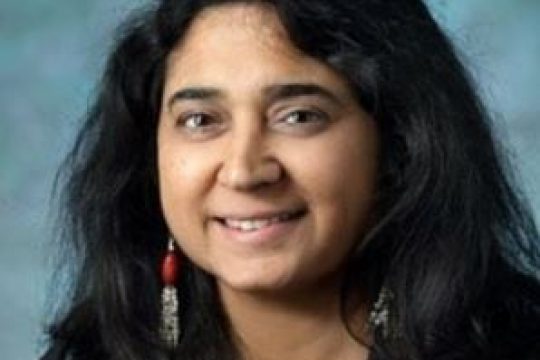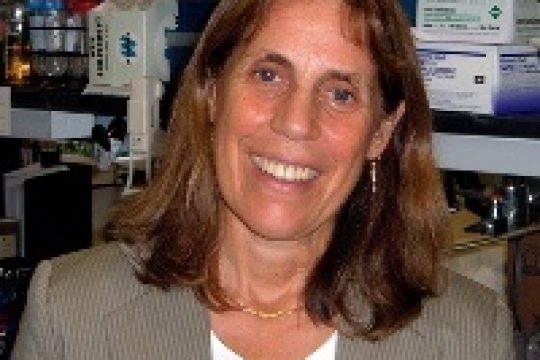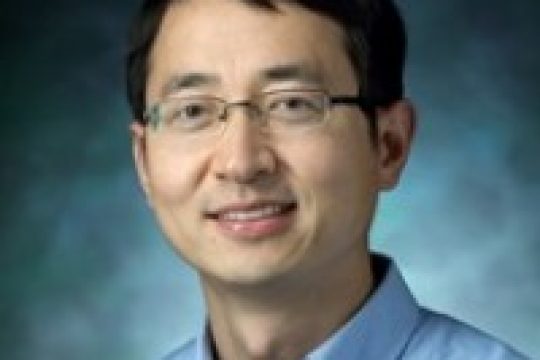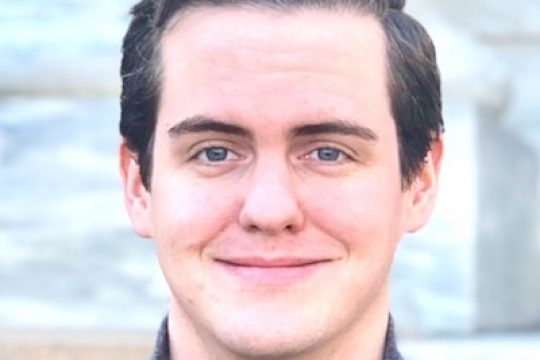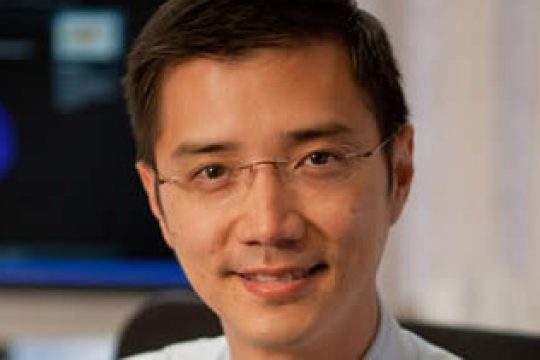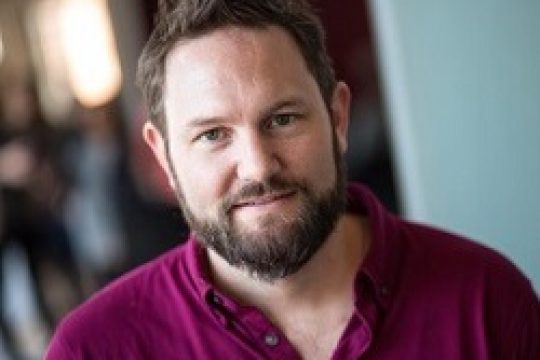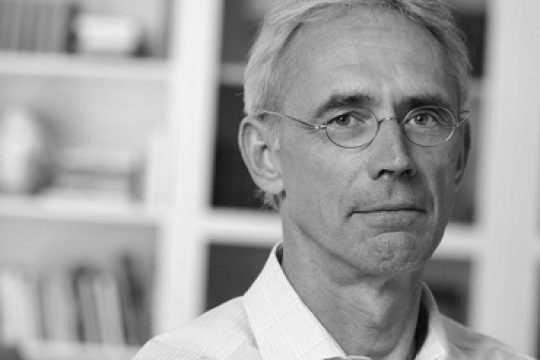The Rao laboratory studies the role of novel ion transporters in human health and disease. One project focuses on the calcium signaling in breast cancer. We showed that an isoform of the secretory pathway Ca2+-ATPase, SPCA2, interacts with ion...
We study fundamental cellular processes relevant to human disease. A major research focus in our laboratory is the premature aging disease Hutchinson-Gilford progeria syndrome (HGPS), which results from a mutation in the gene encoding the nuclear scaffold protein lamin...
Molecular Biology and Physiology of Ion Transport Chloride is the most abundant free negatively charged ion in the body. Chloride channels are cell-membrane embedded proteins, allowing the movement of chloride in and out of the cells. Defects in chloride...
Research topics: Cryo-electron microscopy, membrane proteins, glutamate receptors, protein homeostasis We are interested in the structural and biochemical underpinnings of neurotransmission and neurodegeneration, as well as the homeostasis of the proteins contributing to these processes. Primarily, we will be...
My lab is focused on understanding fundamental mechanisms involved in brain development and brain function with an emphasis on how dysfunction in these mechanisms can result in neurodevelopmental and psychiatric disorders. By focusing on key developmental genes that are...
MECHANOTRANSDUCTION AND AUDITORY PERCEPTION Hair cells in the inner ear are mechanosensors for the perception of sound and head movements. Sound signals directly activate mechanically gated ion channels in hair cells, leading to hair cell depolarization and the release...

